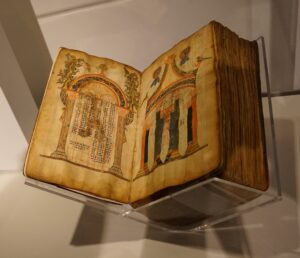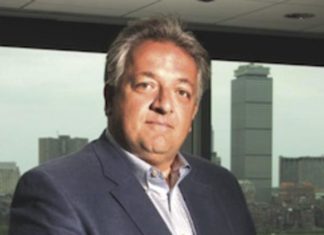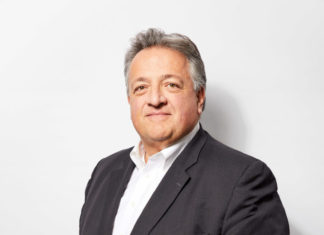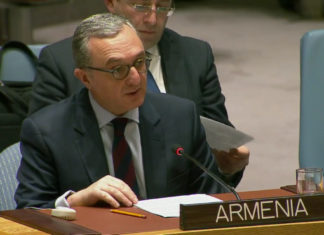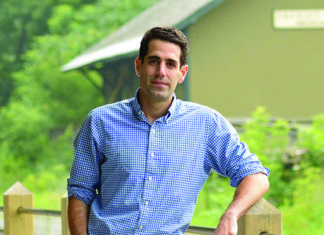By Alin K. Gregorian
Mirror-Spectator Staff
WATERTOWN — The team at the helm of the American University of Armenia (AUA) made a stop at the Armenian Library and Museum of America (ALMA) to discuss the expansion of the university, including its new undergraduate program, to a packed audience.
The panel from the AUA included: Dr. Dennis Leavens, provost; Maral Chalian, vice president of institutional advancement; Ashot Ghazaryan, vice president of operations; and Gevorg Goyunyan, vice president
of finance and President Dr. Bruce Boghosian, a Massachusetts native who has led the university since 2010.
“People felt there was a need to learn more about it on the East Coast,”Boghosian said. “The AUA is really a project of the University of California. It is a gift from the entire diaspora to the Republic of Armenia.”
